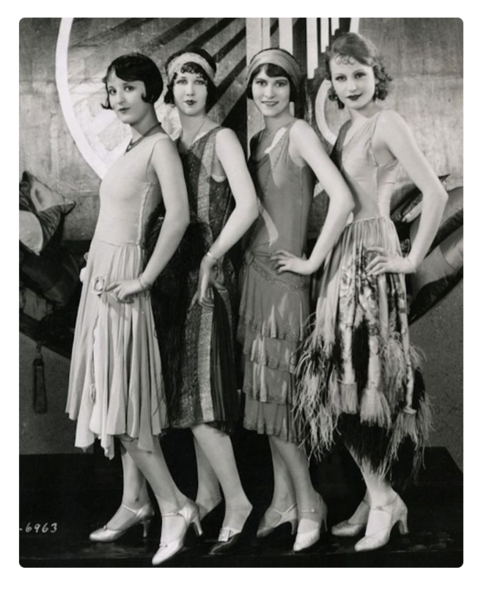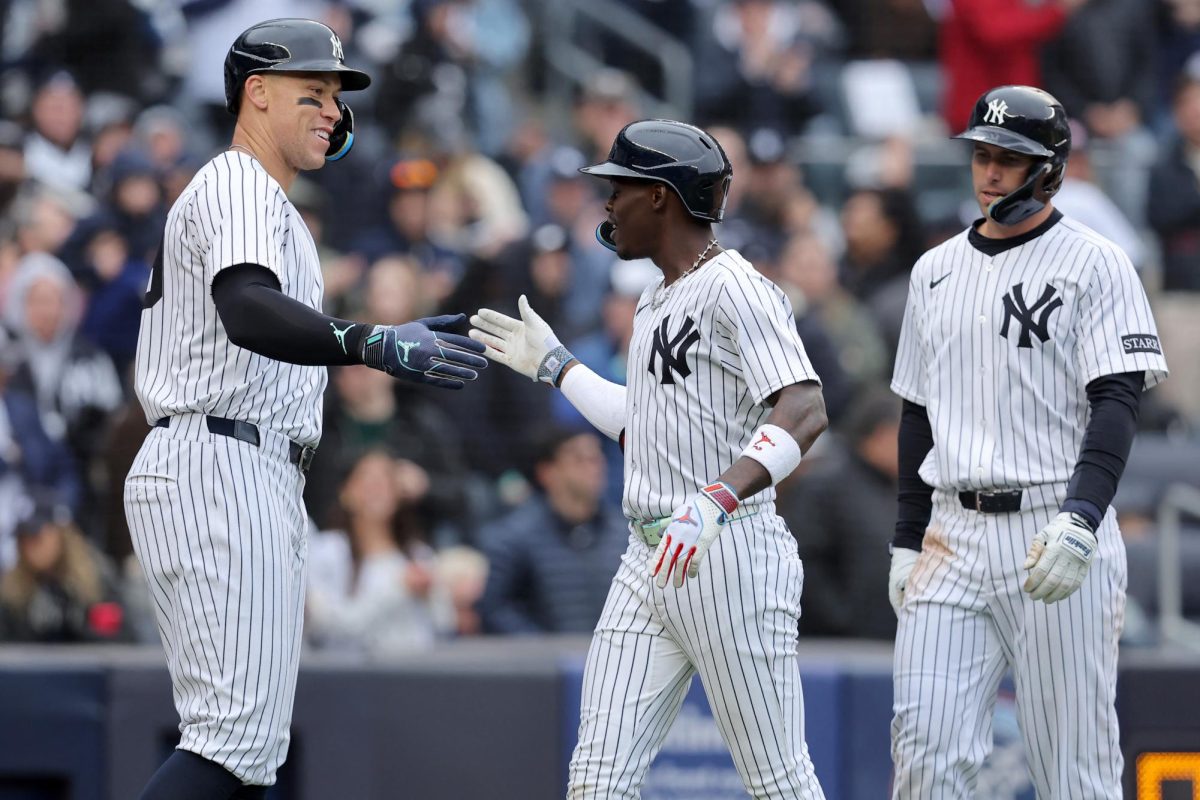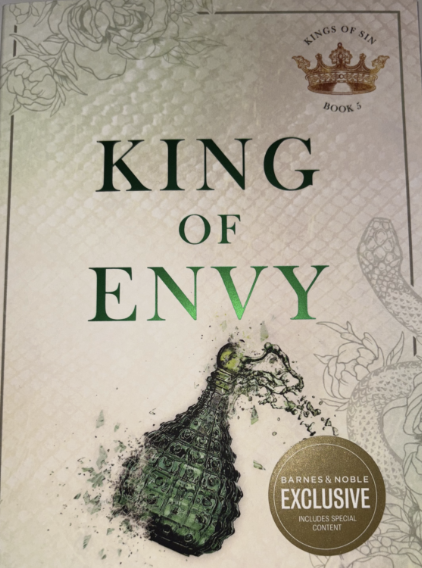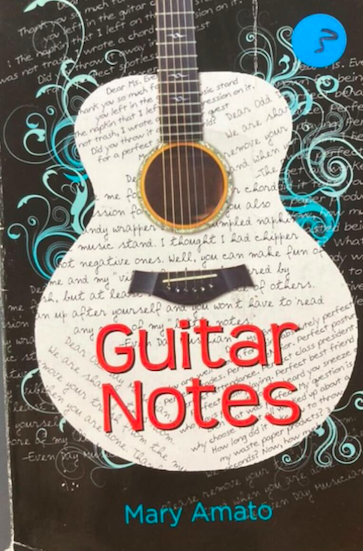Guitar Notes: A story of two unlikely friends
March 2, 2023
Guitar Notes, a 2012 novel by Mary Amato, is a touching story about two seemingly different people who completely change each other’s lives: Tripp Broody, who doesn’t seem to care for much aside from his guitar, and Lila Marks, a cellist who cares too much about everything but herself. The two couldn’t be further apart, that is until they bond over their shared love for composing music and the pressure put on them by the people around them.
Tripp and Lila’s interactions begin when they share the same practice room during alternate lunch periods, passing notes back and forth under the names Mr. Odd and Ms. Even. At first, Lila only sees Tripp as irritating and negligible, but as their notes progress to emails and texts, they become close friends, even abandoning some of the expectations others have for them in the process. However, their friendship is perceived as absurd– a classical musician and a bad-boy guitar player? It’s almost laughable. Amato captures the growing bond between the two through banter and describes the moment – and the aftermath – when their parents force them to cut communication with powerful emotion.
The book’s ending is wonderfully written, a dramatic, sudden ending brimming with desperation. Not once is there a mention of romance between the two, a rather rare and very refreshing find during a time when romance is a large focus in YA books. Amato portrays the pressure teenagers face, their villainization of their parents, and their feelings of powerlessness very accurately. However, there are a few things that need to be considered. Lila and Tripp had little to no regard for the possible consequences of their actions. Their desire for a break from their overwhelming realities does not excuse their lying, stealing, and continuous rule-breaking. The novel also included very stereotypical “mean” parents, and unrealistically follows strangers that end up being perfect friends for each other, and then…reconciling with said mean parents.
While the development of the friendship between Lila and Tripp is touching, there were points where the dialogue felt forced. As a realistic fiction book, it was not very realistic. The difficulties that the characters face are written naturally, but their reactions to them are not. One does not simply “steal a school guitar” because their friend wants to play it. What was enjoyable, however, is the plot’s progression through short, third-person present-tense scenes headed with a place and time. This is a unique writing style that I enjoyed reading.
Despite the criticisms I have for this book, I would still recommend it to a large audience, teens and adults alike. Anyone looking to laugh at a character’s sarcasm, in need of an emotional read, or looking for a book with a strong platonic – not romantic – relationship between two main characters, would definitely enjoy this book.







































